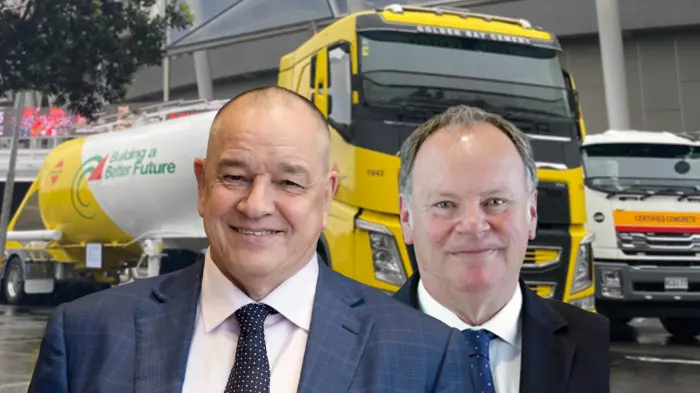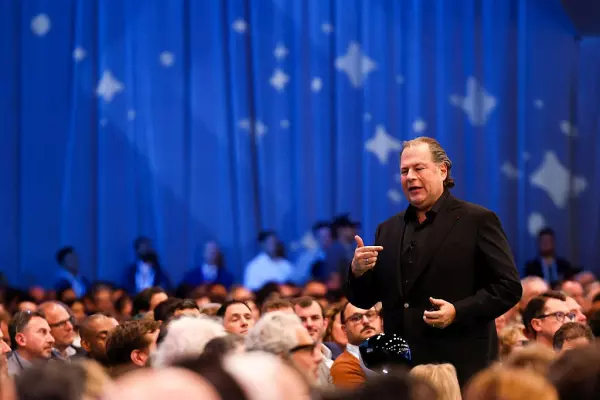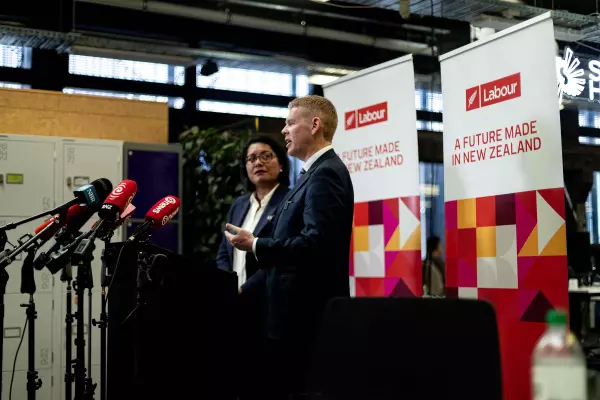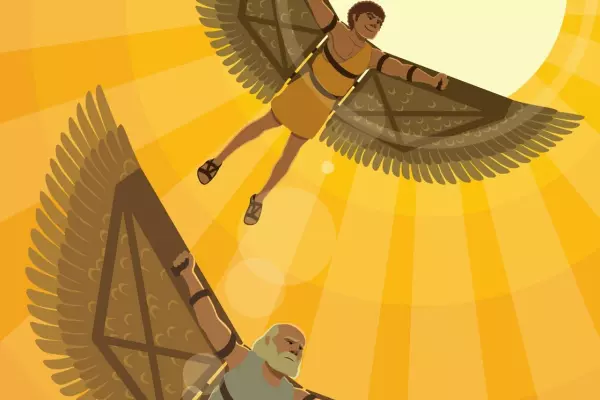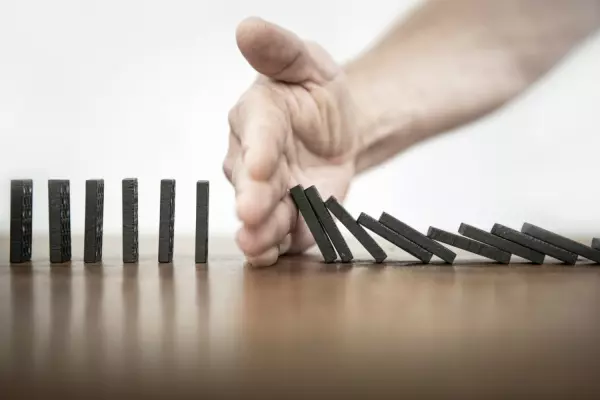BusinessDesk investments editor Frances Cook responds to emails from readers each week, answering questions about money. Below, you will find her expert advice. Send your questions to [email protected].
Hi Frances,
I am in my late 40s and had a child in my 40s. I have been in sessions with other women who are near retirement who have not really thought of investing for retirement or who relied on partners when it comes to finances. They are in a dilemma, and I am also in a dilemma after that session. We all realised superannuation will not be enough and with current cost of living we really need to save more for the future.
Do I still have a chance, with less than 17 years left before retirement? I have a mortgage but also have a small child.
I’ve been trying to save as much as I can and increased my KiwiSaver contribution, but it's frustrating to see no matter how much I add it seems my investment is not growing that much. What sort of investment is best for this age bracket or those nearing retirement age? It’s scary at this stage to invest and lose it because we will not easily get it back.
Looking forward for your insight on this. Thank you.
Kind regards,
M
Hi M
Look I won’t sugarcoat it – it’s rough out there. Pretending otherwise doesn’t help us.
All the basics in life are very expensive – food, transport and petrol, housing.
You’re right, the pension isn’t enough to look after us, and it’s a horribly common experience to realise later in life that we haven’t done enough to prepare … yet.
Is it too late to start turning the Titanic? Absolutely not.
You say you’re in your late 40s. Fabulous! You have just 17 years left until retirement? Excellent!
Look, is it easier when you start this journey a little earlier? Yes, often. But there are actually hidden pros to getting into this in your 40s and plenty of time to create a good retirement, as long as you start now.
The age factor
I often say that when you’re young and broke is that perfect time to invest. That’s because you have a lot of time on your side, so compounding returns do much of the heavy lifting for you.
Five dollars a week into the share market becomes much more powerful when it’s given 40 years to work.
But you know what makes it harder? The being broke part.
Younger people are at the beginning of their careers. They have very little spare money.
They also don’t have as much life experience, so they’re more likely to take a risk on investments like crypto, which personally I wouldn’t touch with a barge pole.
They also might want to cash in some of their investments to go travelling, to experience life while they’re young.
Look, entirely their call. There are some things in life you want to experience while you’re young. But from a pure numbers point of view, obviously it doesn’t help them get ahead financially.
Meanwhile, you’re further through life. You’ve built up more work experience, and hopefully are earning more.
If you’re not, then you can start looking at ways to use that experience to get a pay rise or promotion.
You can also feel the clock ticking down, which lights a fire under you and helps you stay focused.
Money versus time
To get ahead in financial terms, you often need either money or time. You have less time, so you’ll need to put in more money.
I almost hesitate to say that, because I don’t want you to get the wrong impression. Yes, you’ll need to focus and put more away if you can. But I want to really emphasise that it’s worth putting in whatever amount works for your particular budget.
Kids are expensive – and while there are ways to cut back, there are only so many places to cut back before you run out. You also want to enjoy their childhood with them while you can.
So, it's worth focusing on what you have to pay for, as well as the spending that truly lights up you and kidlet – and protecting that spending. Then get focused on what you can do with what's left.
This is not a situation of “put in $1000 a week or give up”.
Every extra dollar you can put in will help you. The amount of extra dollars available might go up and down over time, but it's always worth doing what you can, with what you have.
A small amount extra could just mean you can head to the supermarket in retirement without stressing about whether you can afford meat this week.
Worth it.
A bit more could mean you have enough to treat the grandkids when they come to visit.
Worth it.
A bit more than that could mean a trip to Australia once a year.
Worth it.
It’s a sliding scale, and everything you can put towards retirement will help you have an easier time. Please don’t see this as all or nothing.
Where to invest
What do you put the money into? I recommend growth assets when you have five to ten years or longer. This means shares or property.
A fund, like KiwiSaver, can help you invest into both of those and get the rewards. The good thing about a fund is that it invests across hundreds of companies at once.
You say you don’t have time to lose money, which is exactly why a fund is a good idea.
Can individual companies collapse? Yes. It’s very risky to put your money into just one company.
Will hundreds of them collapse at once? Almost certainly not, and if they do, we’ll be worried about more than retirement.
Look, there are no 100% guarantees in life. Sometimes sharemarkets can go down. But sometimes banks can collapse, too, taking your savings with them.
The answer isn't to put money under the mattress, but to look at how things have gone over the past hundred years or more, and decide accordingly.
History shows us that well regulated growth funds, like those that are part of the KiwiSaver system, have done well for people as long as they have a few years up their sleeve to ride out any economic troubles.
I’ll get into more detail on your KiwiSaver in just a moment, but if you’re happy overall with your KiwiSaver (just not its current returns), then you could consider either further increasing the percentage you put into it, or opening another investment fund with that company, but outside of the KiwiSaver system.
Opening another fund with the fund manager – but outside KiwiSaver – just gives you a few more options. If you wanted to access the money before retirement, you have the ability to do that.
Because you’re closer to retirement, that might not be a priority for you, and you could happily stick with an increased amount into your KiwiSaver. Up to you.
It's always worth mentioning - you say you have a mortgage - that if you're on track to have that paid off by retirement, that's a huge cost saving, and you should feel a bit more reassured about your retirement prospects. If you're not on the path to have it paid off soon, then maybe increase your mortgage repayments, so that you're on track for that.
Paying off debt is also an investment in your future especially, in this case, to have a roof over your head worry-free.
KiwiSaver
You also say that it’s frustrating see your KiwiSaver not going far right now. Let me reassure you on that front.
It’s a bad time for investments right now. The key part of that sentence is right now.
If you wanted to sell and cash out, it would not be great. But in terms of putting money in and buying units? It’s actually a fantastic time to be investing, despite what it might look like on the surface.
The economy isn’t doing well. Businesses are struggling, through no fault of their own. It’s just a tough environment out there.
Those businesses are what your KiwiSaver is invested into. The great thing about KiwiSaver is that it invests into many different businesses at once, often hundreds of them.
So, one business can do very badly. But we’ve been through these economic cycles before, and we know how they work.
Businesses suffer for a while, make cutbacks and then, in a couple of years, the economic winds change direction and they make profits again.
Right now, your KiwiSaver is buying those businesses cheaply. You might look at the number and think it’s not good, because the value of those businesses has gone down.
That’s the short-term pain showing.
But if you keep putting in money while the value is low, you’re buying more shares in them, for less money.
Think of it like a sale – $20 can buy you four units, instead of just two.
Then you’re there, ready and waiting, for when the boom times swing around again.
Keeping going right now is actually fantastic for your future money. Because those businesses go back up in value, you own more than you could have afforded otherwise and suddenly your KiwiSaver balance looks fat and happy.
This is why we say that investing is a long game. As I said earlier, my rule of thumb is that shares are for money you don’t need to touch for five to 10 years.
You have 17 years – masses of time.
That gives you the time to take advantage of these cycles and get the rewards. Keeping going in these down times is actually how you make money in the future.
That’s why growth accounts wobble around more, but make more money overall. It’s a feature of the system, not a bug.
Millionaires are made in recessions. But only patient ones.
Send questions to [email protected] if you want to be featured in the column. Emails should be about 200 words, and we won't publish your name. Unfortunately, Frances is not able to respond to every email received or offer individual financial advice.
Information in this column is general in nature and should not be taken as individual financial advice. Frances Cook and BusinessDesk are not responsible for any loss a reader may suffer.










